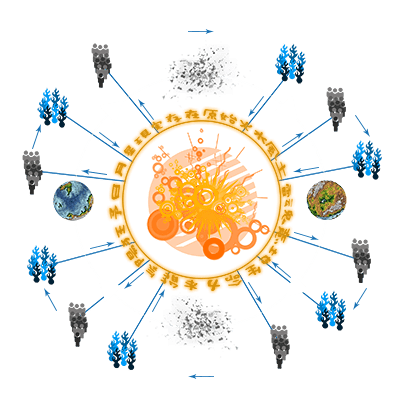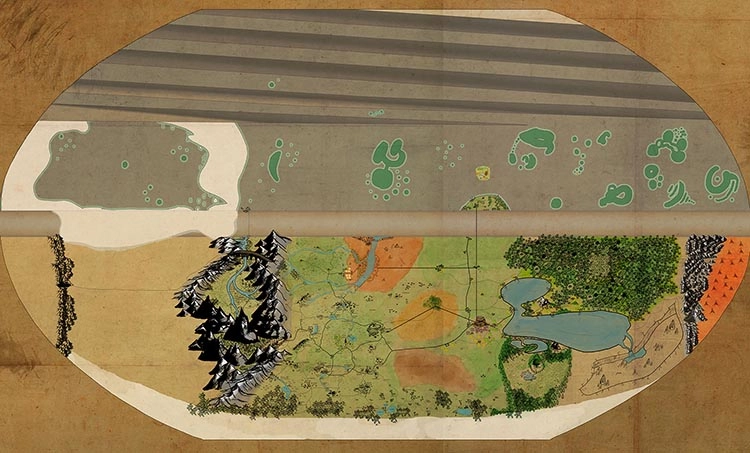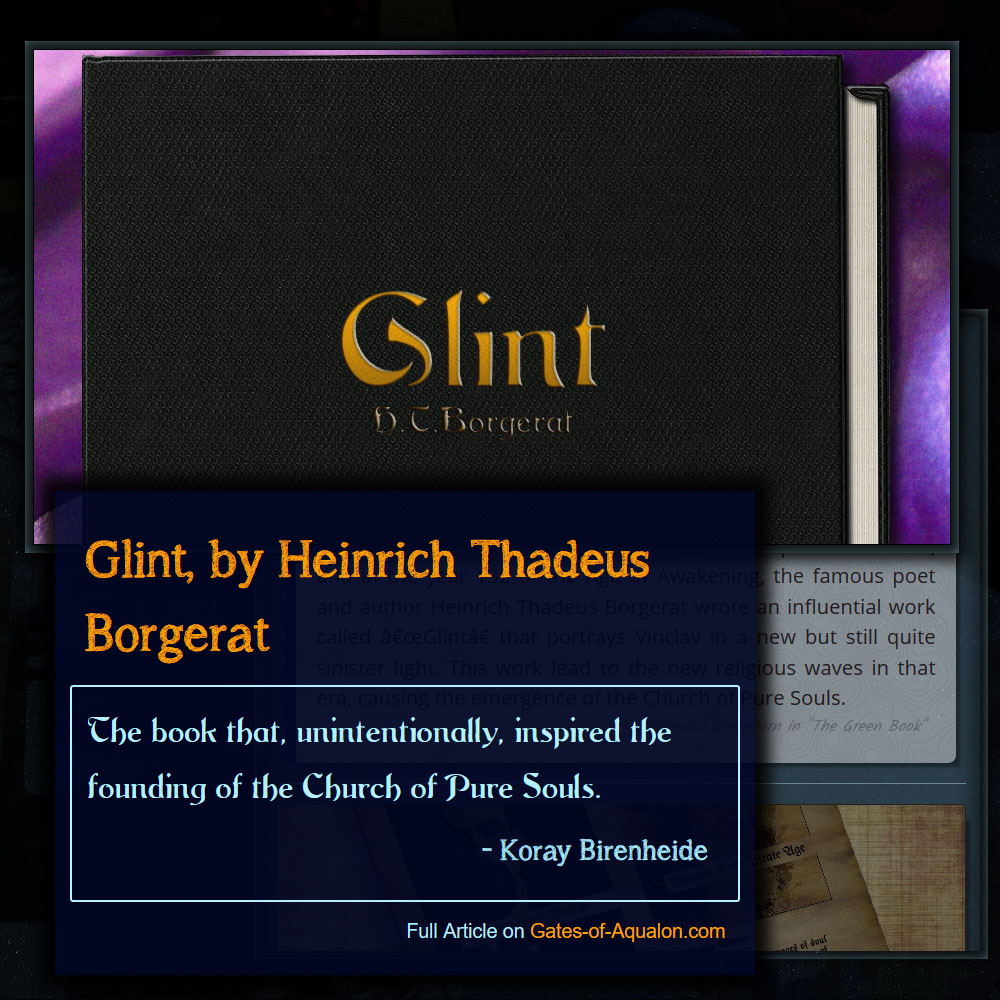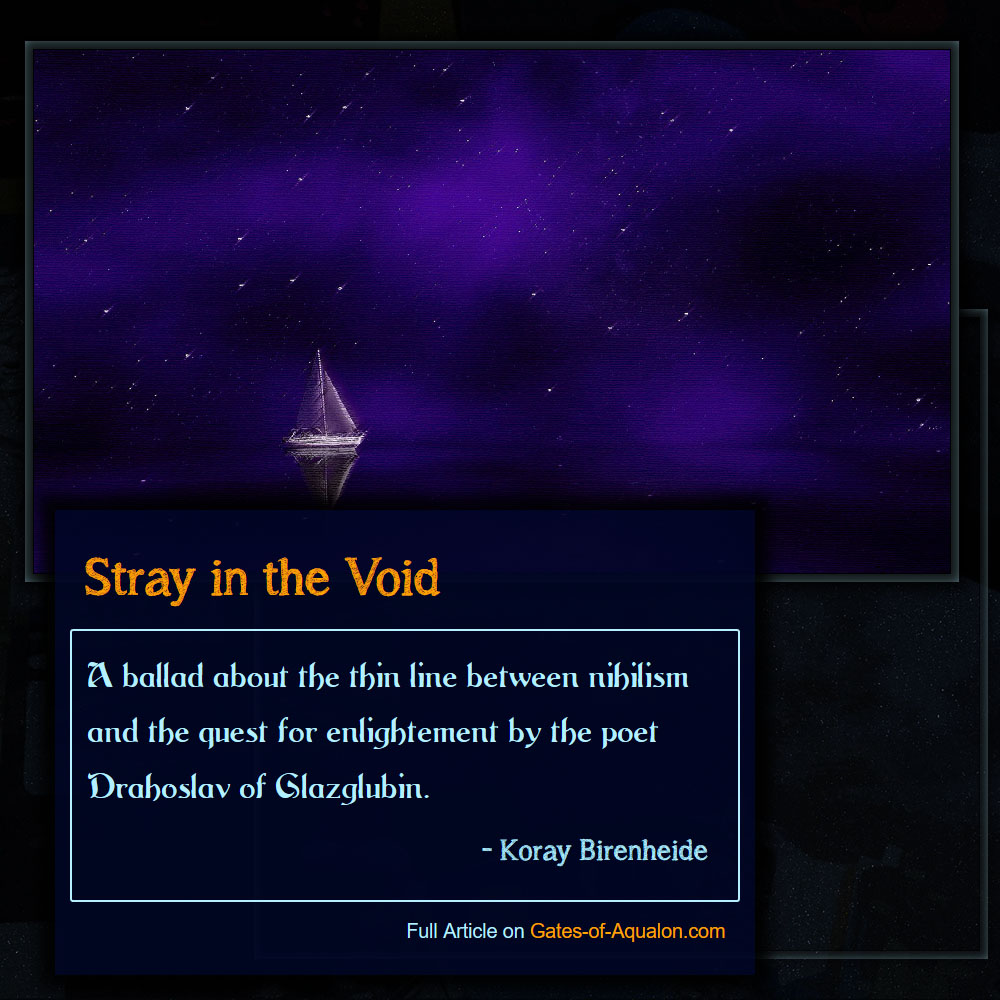Clockwork theology is the study of the
Great Clockwork, the soul, and the origin of the universe.
While the field of gyrometrics studies reality, the field of clockwork theology studies existence. Based on
Yilik's ancient study of
Rikkigen and the Ur-souls, the idea of a trinity of reality, existence, and origin making up the universe has been prevalent in the sciences for millennia. However, in recent centuries, a schism has developed between gyrometric and existential creation researchers. While gyrometricists argue that the Great Clockwork was likely a non-dimensional supercomputer, a claim they believe is supported by the way reality interacts with the
DVF, clockwork theologists make the fine-tuned universe argument from the position of a strong anthropic principle.
The Fine-Tuned Universe
The concept of the fine-tuned universe is based on the argument that a number of dimensionless universal constants have to be within an incredibly narrow range of values to allow for the development of sapient life.
If any one of these constants were off by even a tiny fraction, id est the universe be even slightly different in its fundamental make-up, astronomical structures, elemental diversity, and even matter itself could not exist, making the existence of sapient life impossible. This raises the question why a universe conducive to sapient live does exist in the first place, given the apparent narrow window of probability for its existence. Hypotheses discussing this concept are argued by the anthropic principle, which is divided into the strong anthropic principle (SAP) and weak anthropic principle (WAP).
The Anthropic Principle
The argument of the anthropic principle is that to observe the universe, that universe has to be compatible with the existence of conscious and sentient observers.
Clockwork theologists argue the SAP from the position that since the Great Clockwork
does exist, it is likely that it was an influencing force during the formation of the universe, guiding the processes that formed it towards the conditions that would eventually allow for the development or sustaining of life, depending to which metabological hypothesis one subscribed.
Note: Metabology, sometimes called "Evolutionism" after Sagamund Greenhorn's Theory of Evolution, deals with the question whether life originated from processes based in reality or was entirely crafted through artificial means by the Great Clockwork.
The SAP is often opposed by gyrometricists, who present the WAP as an alternative explanation for the fine-tuned universe. Their argument is that the reason for the fine-tuned nature of the universe, which allows for sapient life to develop and observe it, is due to so-called survivor-bias. This would mean that there are or were many universes, based on the ideas of either an oscillating universe that expands and contracts in certain intervals, emerging with slightly different fundamental constants each time, or a multiverse theory where many universes exist independent of each other. If either concept were to hold true, it would make sense that our universe supports sapient life, even if it is in general a statistically rare occurrence, since we are actually here to observe it.
Clockwork Theology in Borealis and Miyako Fluxum
With the Great Clockwork being suppressed in Borealis since the Declaration of Existential Independence in 25 GE, clockwork theology is a highly theoretical field of study there, much like
magic as a field of study. The Borealian Faculty of Clockwork Theology works together closely with the Faculty of Philosophy and the Faculty of Magic to create joint courses and form a strong research constellation.
In Miyako Fluxum, clockwork theologists work closely together with the Faculty of Gyrometrics, the Faculty of Technamagix, and the the Faculty of Magic. It has various applied vectors, such as soul engineering, a sub field of both clockwork theology and technamagix, and ephemerology, which is the experimental backbone behind soul engineering and brought forth theorems and advances in the field equivalent in significance to the gyrometric splitting of the atom.












